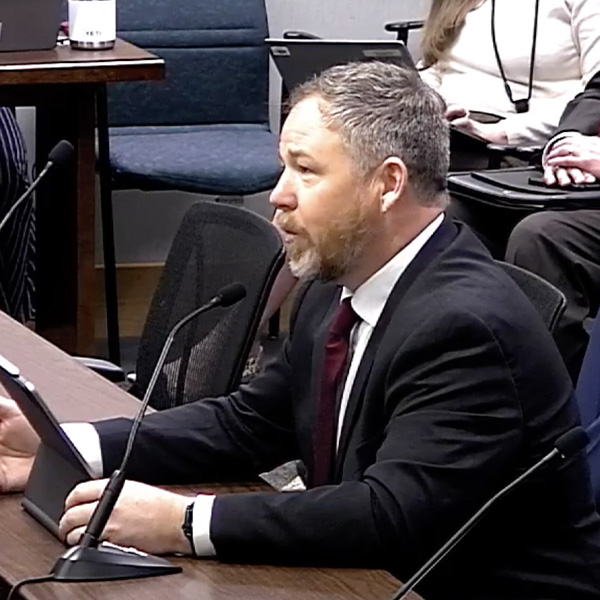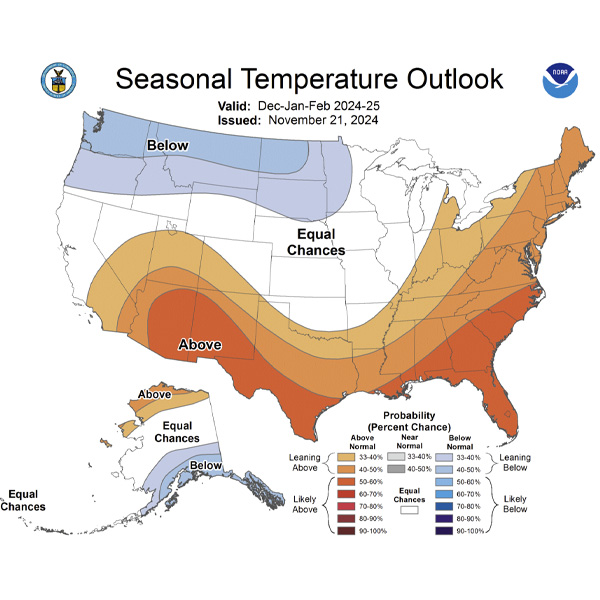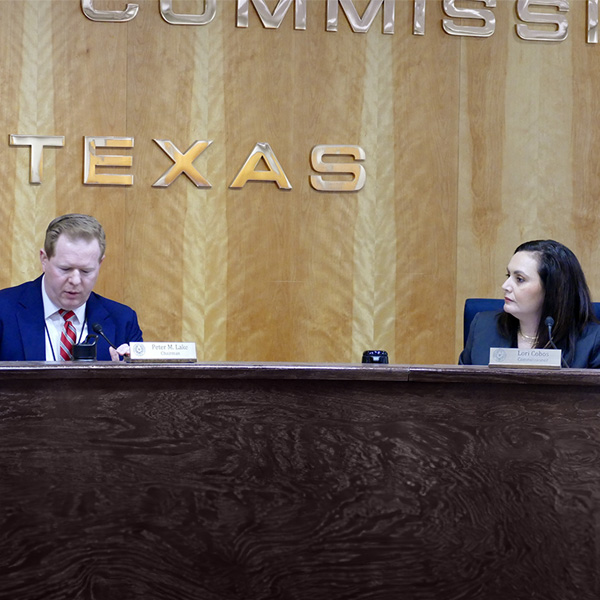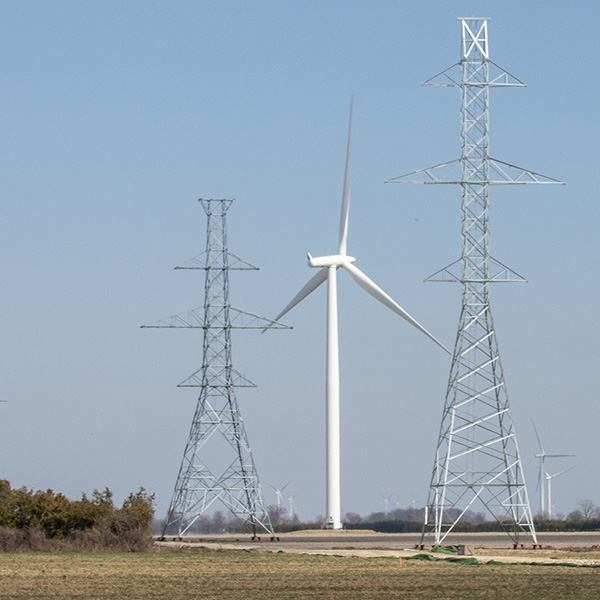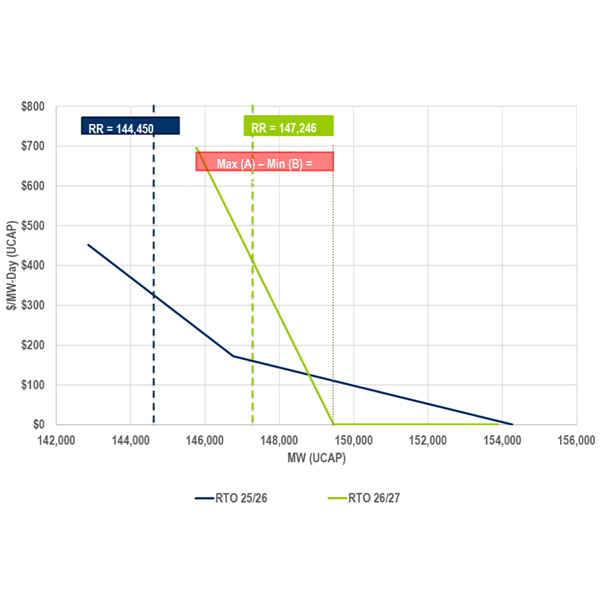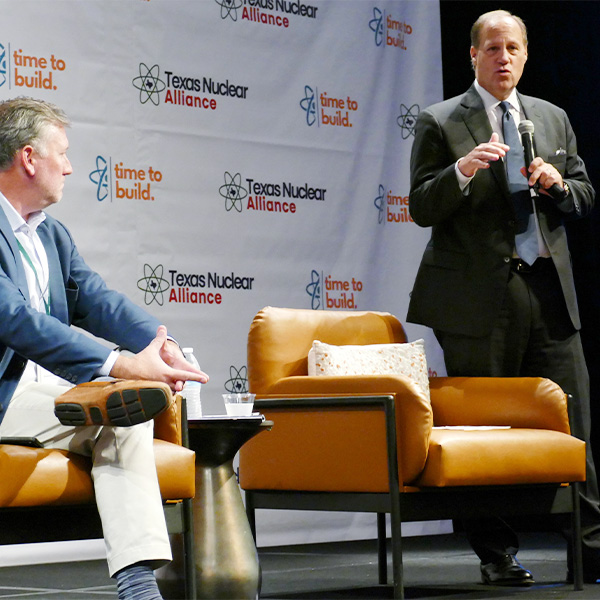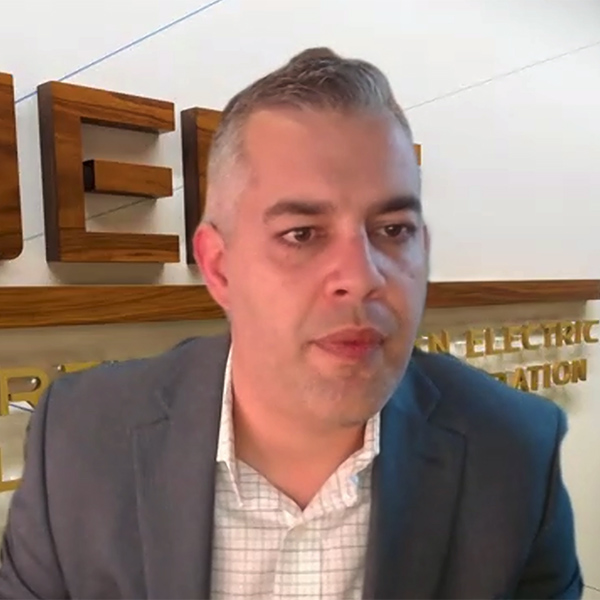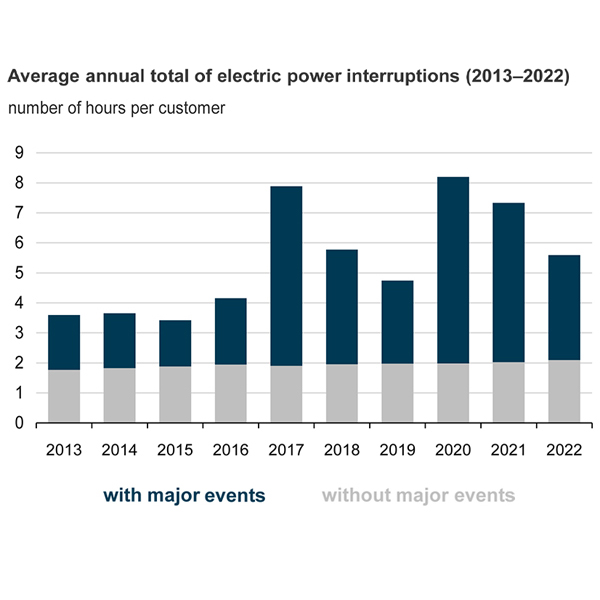Public Policy
Environmental RegulationsReliabilityState & RegionalAlabamaAlaskaArizonaArkansasCaliforniaColoradoConnecticutDelawareDistrict of ColumbiaFloridaGeorgiaHawaiiIdahoIllinoisIndianaIowaKansasKentuckyLouisianaMaineManitobaMarylandMassachusettsMichiganMinnesotaMississippiMissouriMontanaNebraskaNevadaNew HampshireNew JerseyNew MexicoNew YorkNorth CarolinaNorth DakotaOhioOklahomaOregonPennsylvaniaRhode IslandRTO-IndianaSouth CarolinaSouth DakotaTennesseeTexasUtahVermontVirginiaWashingtonWest VirginiaWisconsinWyoming
ERCOT will recommend that its Board of Directors approve a reliability-must-run contract for one of three aging CPS gas units, set for retirement, to maintain reliability in the San Antonio area.
A colder winter is likely to bring higher electricity demand and drive up natural gas prices, FERC staff said in the commission's annual winter energy market assessment.
Texas PUC Commissioner Lori Cobos plans to step down from the commission at the end of 2024.
The Louisiana PSC has taken first steps to consider Entergy’s request to power a proposed $5 billion AI data center in north Louisiana with $3.2 billion in mostly natural gas generation.
Advanced Energy United released a report finding major economic benefits from speeding up the queues, which will lead to more investments in generation and associated jobs across the country.
Several state consumer advocates filed a complaint at FERC alleging PJM’s capacity market is failing to mitigate market power, overestimating future load and producing high clearing prices that generation owners cannot act on.
Texas officials have released a report that lays out a path for the state to become a “global nuclear energy hub.”
ISO-NE’s regional energy shortfall threshold will rely on a pair of metrics intended to capture the intensity and duration of energy shortfall risks in extreme weather scenarios, the RTO told the NEPOOL Reliability Committee.
NERC filed the completed Interregional Transfer Capability Study to FERC ahead of the December deadline set by Congress in the Fiscal Responsibility Act of 2023.
"Chicken Little" claims about power outages being caused by the transmission grid being overtaxed do not stand up to scrutiny, says columnist Steve Huntoon.
Want more? Advanced Search
